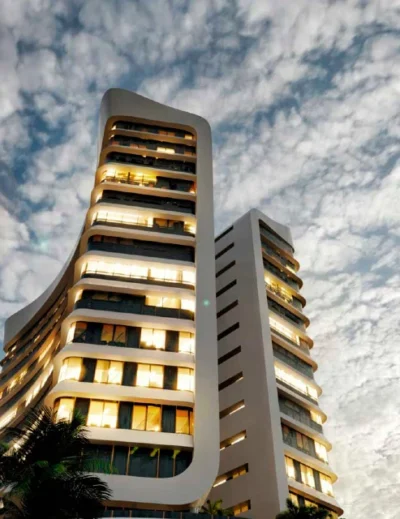
Ghana Champions Trans-Africa Tourism and Unity Campaign
The government of Ghana is championing the Trans-Africa Tourism and Unity Campaign, a bold initiative designed to advocate for seamless travel and visa-free movement for Africans. Launched from Accra, the campaign aims to dismantle the historical visa barriers that have long fragmented the continent, hindering economic growth and cultural exchange.
Led by campaigner Ras Mubarak, the 163-day road expedition spans approximately 40,000 km across multiple African countries, amounting to roughly 600 hours of driving.
Mubarak and his team plan to engage heads of government, address the media in each country, and deliver letters urging the adoption of visa-free policies.
Intra-Africa travel and a vision for change
For decades, navigating Africa has been notoriously difficult for Africans themselves. A patchwork of restrictive visa policies has made it easier for foreign tourists to travel the continent than for its own citizens.
This bureaucratic red tape has stifled regional tourism, limited trade, and weakened the bonds of unity. The African Union’s Agenda 2063, which envisions a visa-free Africa, has been a goal for years, but progress has been slow.
While the challenges of intra-African travel are significant, recent developments offer a glimpse of a more promising future. Ghana and Kenya have recently announced visa-free access for all Africans, joining Rwanda, Benin, the Seychelles, and the Gambia in advancing the vision of a borderless continent.
This move, hailed as a step in the right direction, demonstrates that political will can overcome historical barriers. These actions set a powerful precedent and pressure other nations to follow suit.
RELATED: How bilateral tourism could strengthen Africa’s economic standing
Why this campaign and reforms matter
Campaigns like the Trans-Africa initiative are crucial to injecting new momentum into Africa’s 2063 vision. By directly engaging with heads of state and policymakers, the campaign serves as a high-profile reminder of the economic and social costs of inaction.
- Economic Empowerment through Connectivity
Visa-free regimes reduce friction by eliminating costs, bureaucracy, and delays, which can significantly boost business, leisure travel, and intra-African trade.
- Promoting pan-African identity
More than economics, campaigns like this amplify African unity.
- Responding to travel inequities
Recent reporting highlights the trauma African travellers face under external visa regimes. It’s an arduous, costly, and uncertain process.
More initiatives like this could inspire and pave the way for a new era where travel and trade can flourish freely across Africa. The road ahead remains long, but with such strides, the continent is on a hopeful path toward a unified and prosperous future.









Leave a Reply